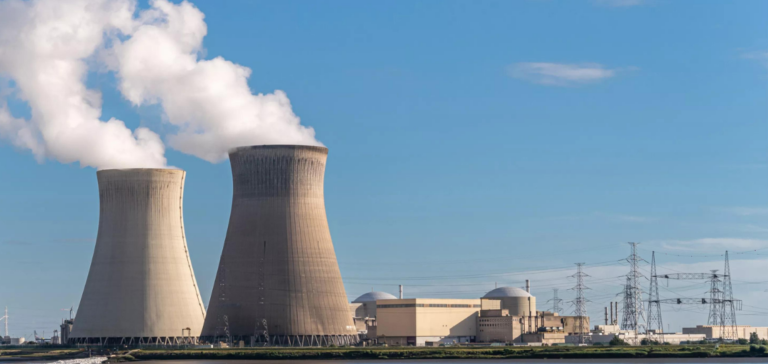In a constantly evolving sector, Eiffage has taken a decisive step forward. In partnership with Électricité de France (EDF), the company is embarking on a major project: the construction of EPR2 nuclear reactors. The project, worth over €4 billion, symbolizes not only a technological breakthrough but also a strong commitment to nuclear energy.
The EPR2 Project: A Nuclear Revolution
The signing of the contract with EDF, confirmed by the company, lays the foundation stone for what promises to be a monumental project. Preparatory work is scheduled for mid-2024, subject to obtaining the necessary administrative authorizations. This contract, the result of a tender process launched in 2019, includes the construction of 69 complex structures, including reactor containments and impressive domes measuring 70 meters in height and 50 meters in diameter.
Socio-economic impact and local commitment
In addition to its technical aspects, this project stands out for its socio-economic impact. Eiffage is committed to boosting the local economy and promoting employment in the region, with a particular focus on professional integration and the employment of people with disabilities. Nearly 4,000 people will be mobilized at the peak of the project, with 1.3 million hours dedicated to integration and specialized employment.
Environmental challenges and EDF’s response
However, this ambitious project is not without its challenges. Recently, the French Environmental Authority expressed reservations about the project’s environmental impact assessment, in particular concerning the artificialization of the seabed and the impact on the surrounding Natura 2000 sites. EDF has taken note of these recommendations and is committed to responding to them in the near future.
The Penly EPR2 reactors are part of a wider strategy by France to revitalize its nuclear sector. This project is the first in a series planned by the French government, with future installations planned at Gravelines and Bugey. The completion of these reactors, scheduled for 2035-37, marks a key milestone in France’s energy strategy, underlining France’s commitment to nuclear power as a sustainable and reliable source of energy.
The EPR2 project in Penly, led by Eiffage and EDF, represents an important milestone in the French energy landscape. It symbolizes a strong commitment to nuclear energy, while highlighting the environmental and socio-economic challenges that lie ahead.






















